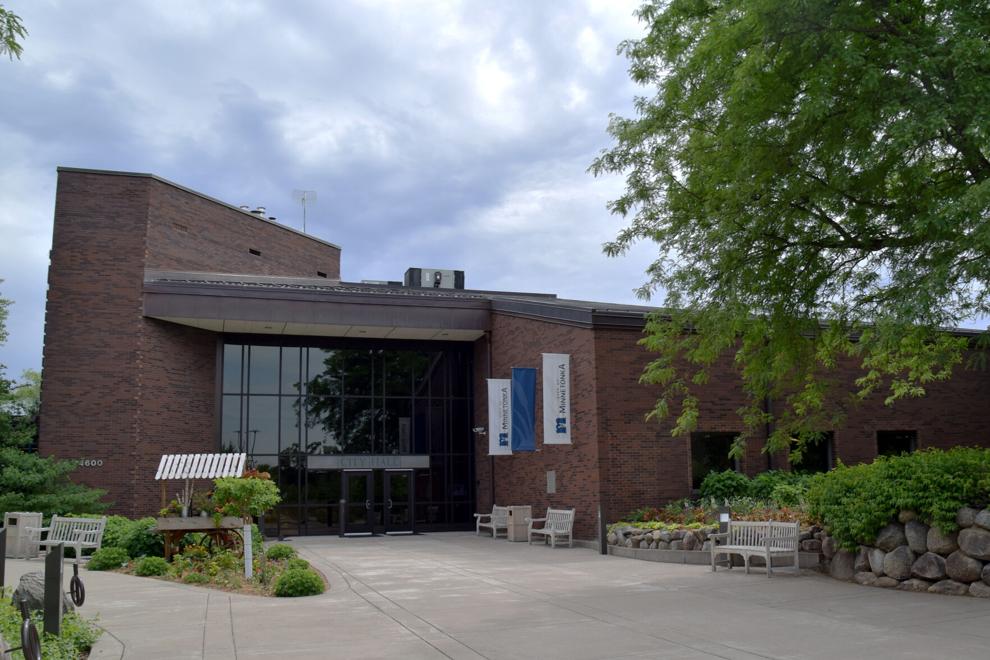The City of Minnetonka is moving forward with forming a community diversity, equity and inclusion task force and hiring a full-time coordinator charged with diversity and inclusion efforts within the city.
City Manager Geralyn Barone presented information to the City Council Feb. 8, outlining the goals and objectives of the task force along with the new position.
Barone noted key objectives of the group would be to share and explore existing diversity, equity and inclusion efforts and activities occurring in Minnetonka, gain an understanding of community views and expectations through the community engagement platforms, review best practices in other communities, identify potential community partners and identify short- and long-term goals.
The task force would consist of city representatives and seven to nine residents, including representatives of the faith community; a youth representative from Tree House, a local nonprofit serving at-risk youth; and a Minnetonka Collective representative.
Barone said she anticipates the task force to meet for about a year and the council can determine the next steps and whether to create an official committee or commission.
“Really, the idea of having a task force is just to hit the ground running,” she said, similarly to the Partners in Energy group, which then turned into the new sustainability commission.
Councilmember Kissy Coakley said she was interested in serving on the task force as a council representative and person of color and really appreciates the work the city is doing around these efforts.
Coakley also suggested the city do more around community engagement and recommended more mailings, especially considering not all residents have access to technology.
Councilmember Deb Calvert said she wanted to see more than two faith communities represented.
Councilmember Rebecca Schack agreed that the number of task force members could be stretched a bit to allow for more inclusiveness.
Schack also suggested the council look at ways to be a more inclusive community beyond the current tools, specifically considering “how large lot size requirements can really hamper development of more affordable housing stock.”
Mayor Brad Wiersum suggested having a larger group and then a smaller core group. This would provide the “best of both worlds,” he said, in that the task force isn’t so large it can’t get work done, but also isn’t too small that it lacks a diversity of voices from the community.
“There’s a broad range of people who have different perspectives and we want to be inclusive,” Wiersum said. “But if we try and represent every group and have an individual or more from every group, it will be large and unwieldy.”
At the same time, the city will begin the hiring process for a full-time diversity, equity and inclusion coordinator to “complement the extensive work of the police community engagement officer.”
Job duties would include coordinating learning opportunities to increase cultural competencies at the city government level by identifying and removing barriers to accessing city services, facilities and activities; supporting human resources in increasing diversity of the city’s workforce, supporting the community task force and coordinating community conversations.
It was noted that sufficient funding for this position is available from the 2021 budget allocation made by the City Council.
Councilmember Brian Kirk thanked Coakley for her insight in suggesting the city budget $50,000 for diversity, equity and inclusion efforts.
“Without the extra funds, we would definitely be short from reaching our goals,” he said.
Just Deeds Project
A resolution will be brought to the City Council Monday, Feb. 22, to join the Just Deeds Project, helping remove racially restrictive covenants from property titles.
City Attorney Corrine Heine explained these efforts were spearheaded by Golden Valley’s Human Rights Commission, which launched the project in July 2020, and is now expanding to other cities.
Residents in participating cities are able to contact the city to find out whether a racially restrictive covenant appears in the historic title records for their properties. The city then serves as a coordinator, putting the resident in touch with volunteer attorneys who verify whether there is any historic covenant. If there is a covenant, the volunteer attorney prepares an instrument to discharge the covenant from the title.
Although racially discriminatory covenants have not been enforceable for decades, legislation enacted in 2019 allows property owners to remove these covenants from their property, Heine explained.
The council expressed full support in these efforts in removing racially discriminatory covenants from the city.
View the article via the Sun Sailor


Recent Comments